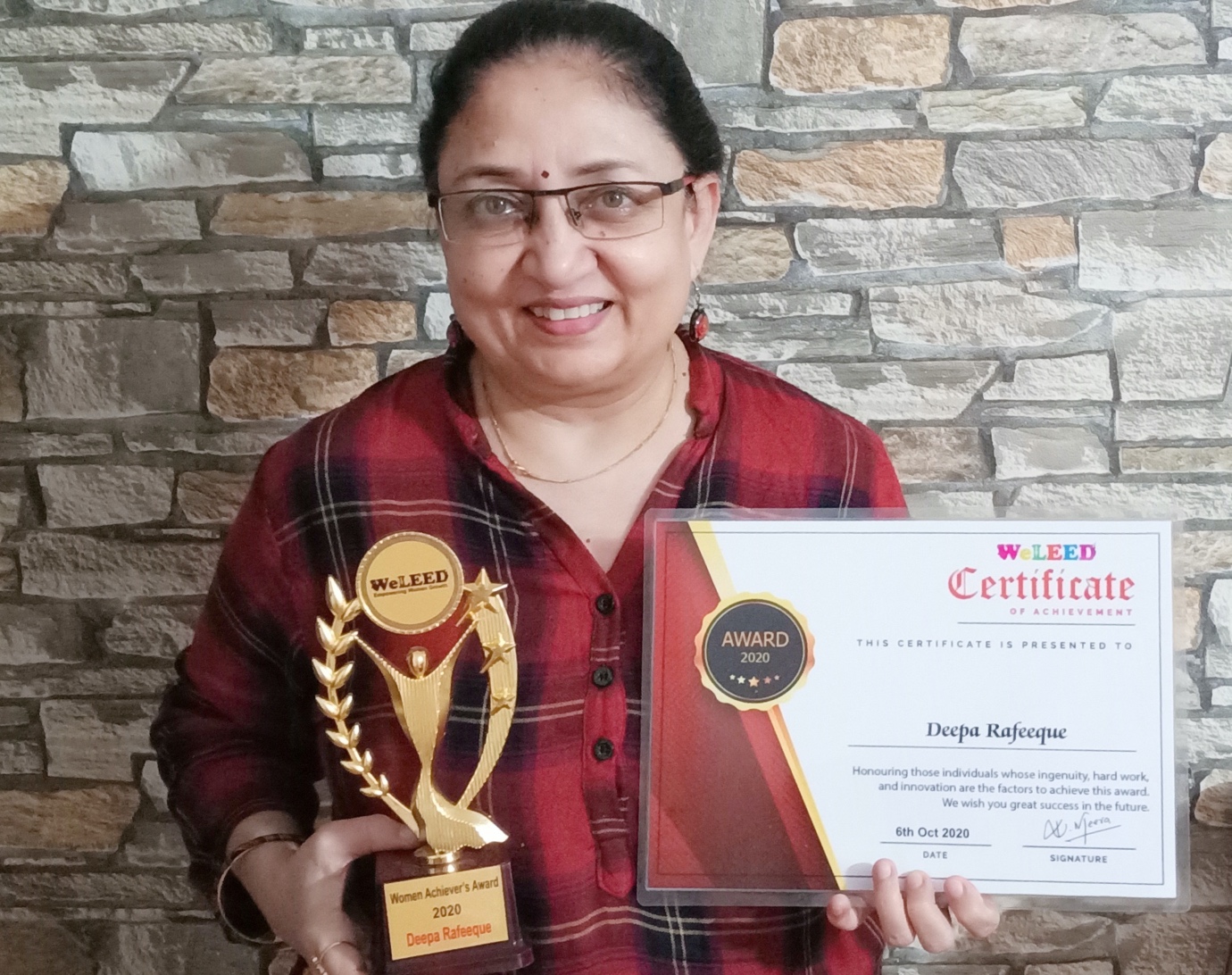Our Blogs
Between a Stock and a Hard Place
Fit the Soul presents ‘Soulennial’ – Unconventional ideas from millennial women
Should millennials invest? For that matter, should anyone?
When I was seven, my dad gave my brother and me ₹110 each. My brother promptly spent all of his on two GI Joe toys and I vaguely remember buying sparkly pens and earrings for about half my amount. As I wandered around the toy store wondering what to spend the rest of my money on, I distinctly remember my dad saying, ‘Nayantara, save your money!’ At the time, this was a foreign concept that seemed totally pointless. I had no bills to pay, and no way of knowing when I’d get money again—it made the most sense to spend it immediately. But my dad repeated himself over and over until I finally acquiesced. More than two decades later, this moment in the toy store is still fundamental in my personal financial journey. Saving money has been a priority ever since.


Anyone can tell you why saving a portion of your income is necessary. From splurging on luxuries and planning for medical emergencies to having a rainy day fund, there are a million reasons we shouldn’t spend our entire salaries each month. But as hard as that can be, saving money alone isn’t enough. I can tell you from experience, having funds set aside doesn’t necessarily translate to smart financial decisions.
I have a Master’s in Economics and Finance, I previously worked in tax consulting, and I have been saving for two decades. I have kept something aside from every paycheck I have ever received. After I started working in the private sector, I obsessively tracked my purchases on an excel sheet, formatting and analysing till everything was just right. But despite all of this, I had never invested a penny.
Why? This was something I asked myself regularly without ever finding an adequate reason. I have been blessed to be able to save money each month and have an accountant father who learned to invest from his father. Financial decisions are common dinner table discussions at my house. And yet, the thought of investing always seemed too complicated. Then there was/is the taboo around women handling money, which forces us to give up control to our fathers/brothers/husbands, who take the reins on financial decisions. Money is a feminist issue but one we hate talking about. Reclaiming control starts with understanding it.
At the start of the pandemic, I didn’t know my way around trading or how much to invest. I had no idea what a smart investment was or what made a good investment strategy. There are a million investment options available and it can be overwhelming to sift through them all. But the lockdown period gave me the momentum I needed to get going. It quickly became apparent that I could mull over the available investment options forever. So I focused on finding alternatives that provided easy access and required minimal maintenance effort. As a millennial I knew that if I couldn’t get started, monitor my investments, or automate the flow of money from the comfort of my home, I would never be able to sustain it. The pandemic made digital access even more of a priority.
After multiple baby steps, I finally have an investment strategy in place. My strategy isn’t going to be right for everyone, but the point is that you should be investing in something. The longer you put it off, the harder it will seem. The Internet is full of financial blogs and websites, but few cover the actual how-to process, fewer still are specific to the Indian economy, and practically none are by Indian women. (Watch this space to read about my journey from having zero understanding about investments to becoming a cautiously confident investor.)
To remind myself, and others who might be interested, why this is a valuable journey, here are the top reasons to invest right now:
Opportunity: Covid-19 has shown the world that things can change in a matter of days. This makes it the perfect time to evaluate my options and take small steps towards better financial health.
Financial security: On average, wealth increases with age. Assuming a modest rate of success, it makes sense to start now and make financial plans for my future.
Control: I can invest as little or as much as I want at intervals of my choosing, allowing me to gradually amp up my investment holdings as my income increases.
My brother lost the toys he bought the very next day, while I held on to my remaining ₹55. I can’t remember when I did end up spending it, but had I invested it then, I could be swimming in sparkly pens right now.
Here’s hoping that 20 years from now, I’m not stuck with the same regrets.
Share9 comments on “Between a Stock and a Hard Place”
Comments are closed.
Suggested Blogs
Get in touch with us
Be the first to hear about our upcoming programs












Great Article!
* Don’t work for the monthly paycheck as the end of the month, but for the know-how that you gain.
* Invest in your passive income instead of in the Rolex & the G-class. It is the only way out of the hamster-wheel.
* Instead of fearing about acting wrongly, fear not acting at all.
– From “Rich Dad, Poor Dad”.
Well written Nayantara.
Of course investment should be taught to kids from primary classes itself
Loved that Nayantara!!
I am still in the ” how do I save ” boat which I stepped into 35 years back..!!
Sat through Covid times anchored, stangnant and frozen.. thinking ” I should start saving ,but how and where to start”
Your blog has initiated a spark …
Let’s see how far I’ll get with it..
Thank you dear 🙂
Money is a feminist issue but one we hate talking about. Reclaiming control starts with understanding it.
That line hit me hard !!!
Awesome read my dear nayantara….me still have not got the word investment right n i still spend like i used to before…post reading ur article i feel i too have to do it now…else my retirement will b very difficult…thanks for the article.
Nayantara, that’s a very well written article. Though I saved money from every pay check, I never invested anything as I simply did not understand the stock market. Also, when I was young and had lot of money coming in by way of salary, in the eighties and early nineties, there was no access to read up about these things as we have now. I regret not investing my money which could have perhaps doubled or tripled it by now (I am 60 now and worked till I was 58!). Once I got into my fifties, I had lost appetite for risk so, the loss was mine.
It’s good to see the millennial women being more intelligent with their money, well at least quite a few of them if not many of them.
Hope you succeed in your investments and see it grow nicely. All the best.
Very well written Nayantara . Definitely motivated me to relook at how best to invest my meagre savings ?
Very good advice indeed!